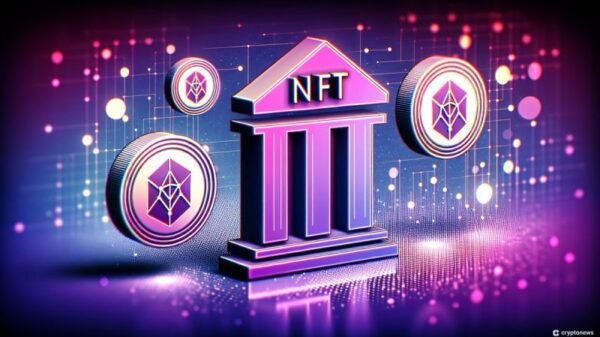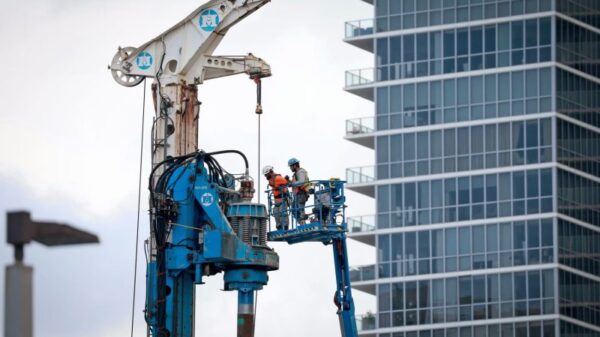The Internet of Things (IoT) is changing the way we interact with technology, and it has the potential to revolutionize the way we manage properties. Property management is a complex task that involves many different components, from monitoring occupancy rates and collecting rent payments to ensuring the safety and security of the property. Using IoT-based solutions can simplify and streamline these processes, making property management more efficient, cost-effective, and convenient. So, if you are looking to get the best property management, make sure you or your dedicated partner are using the latest IoT technologies combined with a reliable IT infrastructure. Since IT is a critical part of the solution, if you don’t have the skills or resources in-house, you can outsource this function by seeking the best managed IT services.
After this short introduction, we will now explore in more detail why IoT is the future of property management.
1. Enhanced Security
Security is one of the primary concerns of property managers. IoT technology can provide a range of advanced security features that can help prevent unauthorized access, theft, and vandalism. For example, smart locks can be controlled remotely and can provide real-time access logs, allowing property managers to monitor who is coming and going from the property. IoT security cameras can also provide live footage that can be accessed remotely, allowing property managers to monitor the property at all times.
2. Cost Savings
IoT technology can help property managers save money by reducing energy costs, improving maintenance efficiency, and reducing repair and replacement costs. Smart thermostats, for example, can help optimize energy consumption by automatically adjusting the temperature based on occupancy patterns. This can result in significant energy savings, which can add up over time. IoT sensors can also monitor the condition of equipment and alert property managers when maintenance is needed, reducing the likelihood of costly breakdowns and repairs.
3. Improved Tenant Experience
The tenant experience is critical to the success of any property management business. IoT technology can help improve the tenant experience by providing greater convenience, security, and comfort. For example, smart home devices such as smart speakers, lighting systems, and thermostats can be controlled by tenants using their smartphones, allowing them to customize their living environment to their liking. IoT technology can also provide automated maintenance scheduling, which can reduce the need for disruptive maintenance visits. Improving the tenant experience leads to greater loyalty and lower turnover for property managers.
4. Data-Driven Insights
IoT technology can provide property managers with valuable data-driven insights that can help them make informed decisions about their properties. For example, occupancy sensors can monitor the number of people in a building or room, providing insights into occupancy rates and usage patterns. This information can be used to optimize rent rates and occupancy levels, as well as to make informed decisions about property improvements and renovations.
5. Increased Efficiency
IoT technology can increase efficiency in property management by automating many routine tasks. For example, smart thermostats can automatically adjust temperature settings based on occupancy patterns, reducing the need for manual adjustments. IoT sensors can also monitor equipment performance, alerting property managers to issues before they become major problems. This can help reduce the need for costly emergency repairs and downtime.
6. Predictive Maintenance
Using IoT solutions can help property managers implement a predictive maintenance strategy, which can help reduce downtime and maintenance costs. For example, IoT sensors can monitor the condition of equipment and alert property managers when maintenance is needed. This allows managers to schedule maintenance at a convenient time, reducing the likelihood of downtime and lost revenue. Predictive maintenance can also extend the lifespan of equipment, reducing the need for costly replacements.
7. Environmental Sustainability
Sustainable development is now a major concern in many sectors. And this is the case in a very energy-consuming field like housing. IoT technology can be used to help property managers improve their environmental sustainability by reducing energy consumption and waste. Smart thermostats and lighting systems can help optimize energy usage, reducing the carbon footprint of a property. IoT sensors can also monitor water usage and waste production, providing insights into ways to reduce environmental impact.
In conclusion, the Internet of Things (IoT) is poised to revolutionize the field of property management. The ability to connect devices and sensors to a network and share data in real-time provides property managers with unprecedented levels of visibility and control over their properties. With IoT, property managers can automate tasks, monitor energy consumption, improve security, and enhance the tenant experience. As IoT technology continues to evolve, we can expect to see even more advanced applications of this technology in property management. It’s clear that the IoT is the future of property management, and those who embrace this technology will be well-positioned to succeed in the years ahead.
The post Why IoT Is The Future Of Property Management appeared first on IoT Business News.































